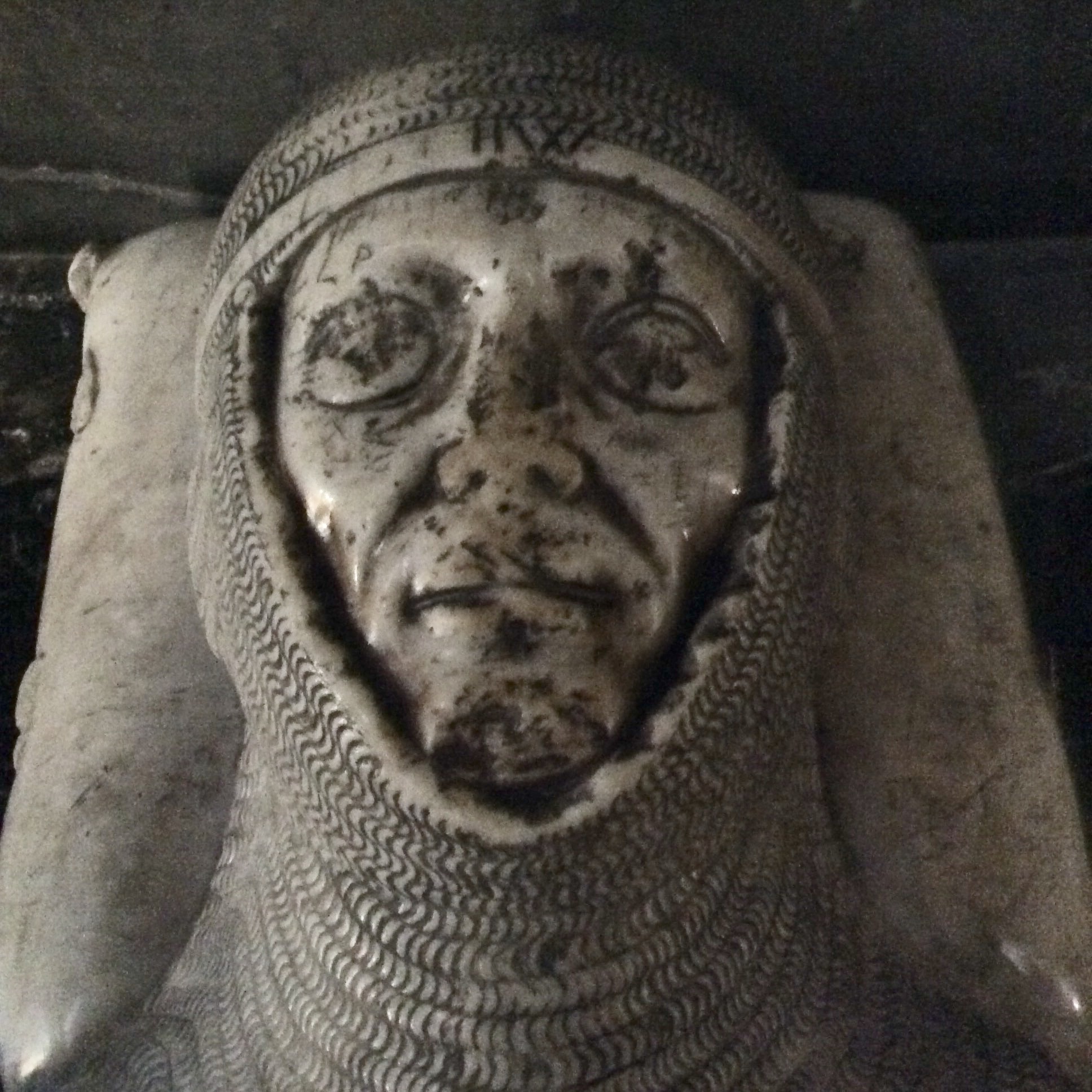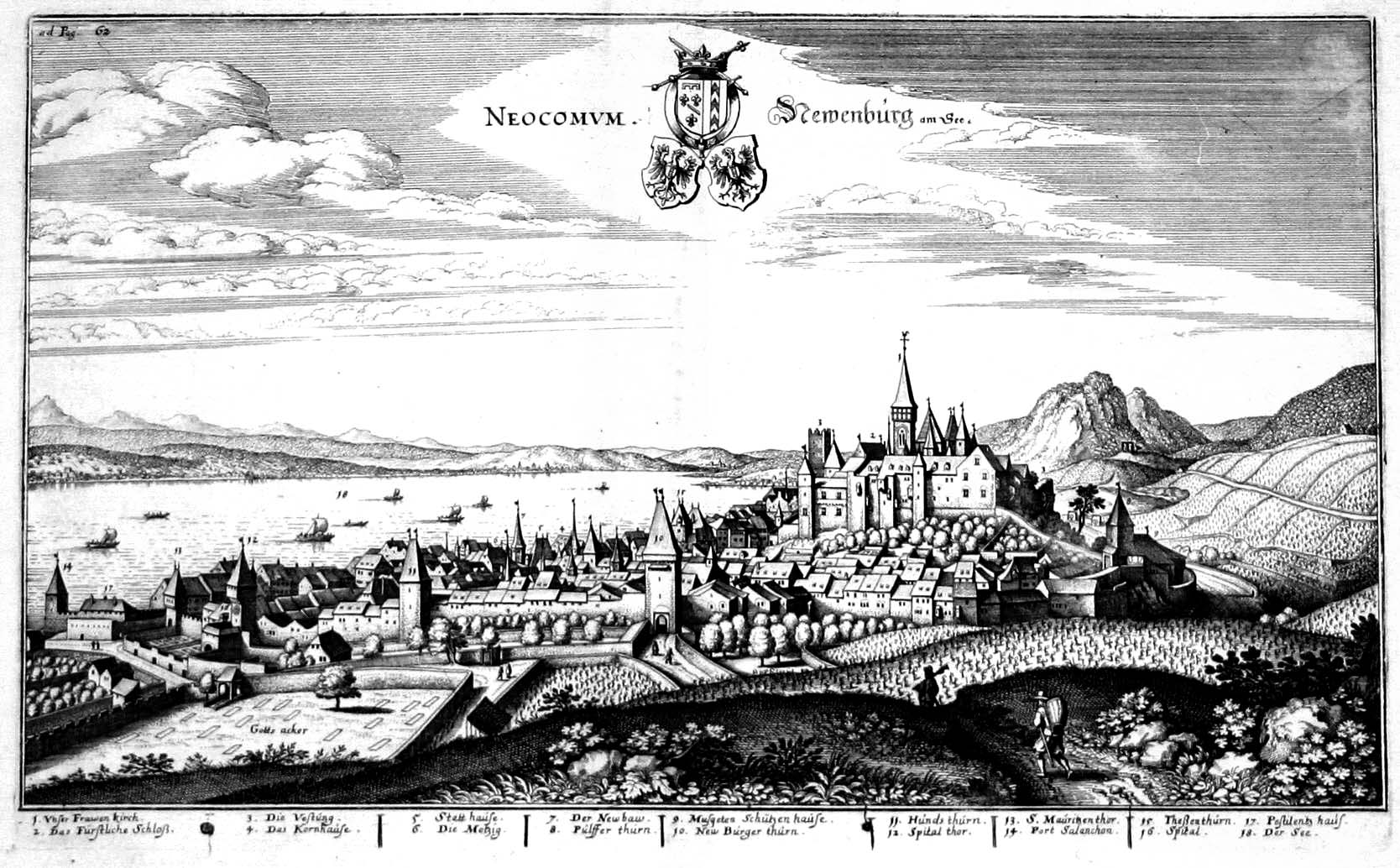|
Arthur Piaget
Arthur Piaget (25 November 1865, in Yverdon – 15 April 1952, in NeuchûÂtel) was a Swiss historian, archivist and Romance philologist. He was the father of psychologist Jean Piaget. In 1888 he received his PhD from the University of Geneva, and in 1890 obtained his degree for history and philology at the ûcole pratique des hautes ûˋtudes in Paris. During his stay in Paris, he was influenced by the teachings of Gaston Paris and Gabriel Monod. From 1894 to 1938 he was a professor of Romance languages and literature at the Academy of NeuchûÂtel (since 1909 known as the University of NeuchûÂtel). In 1909ã11 he served as university rector.Piaget, Arthur Historischen Lexikon der Schweiz In 1898 he founded the Seminar for |
Yverdon-les-Bains
Yverdon-les-Bains () (called Eburodunum and Ebredunum during the Roman era) is a municipality in the district of Jura-Nord vaudois of the canton of Vaud in Switzerland. It is the seat of the district. The population of Yverdon-les-Bains, , was . Yverdon is located in the heart of a natural setting formed by the Jura mountains, the plains of the Orbe, the hills of the Broye and Lake NeuchûÂtel. It is the second most important town in the Canton of Vaud. It is known for its thermal springs and is an important regional centre for commerce and tourism. It was awarded the Wakker Prize in 2009 for the way the city handled and developed the public areas and connected the old city with Lake NeuchûÂtel. History The heights nearby Yverdon seem to have been settled at least since the Neolithic Age about 5000 BCE, as present archeological evidence shows. The town was at that time only a small market place, at the crossroads of terrestrial and fluvial communication ways. People began to ... [...More Info...] [...Related Items...] OR: [Wikipedia] [Google] [Baidu] |
Otton De Grandson
Otto de Grandson (c. 1238ã1328), sometimes numbered Otto I to distinguish him from later members of his family with the same name, was the most prominent of the Savoyard knights in the service of King Edward I of England, to whom he was the closest personal friend and many of whose interests he shared. Family The son of Pierre, lord of Grandson near Lausanne and Agnû´s de NeuchûÂtel. He was the elder brother of William de Grandison, 1st Baron Grandison and Henri de Grandson, both of whom would join him in England. As would his cousins Pierre de Champvent and Guillaume de Champvent. Service in England and Wales (1265ã90) The young Otto travelled to England probably in the company of Peter II of Savoy in 1252, certainly not later than 1265. There he entered the service of King Henry III and by 1267 was placed in the household of Prince Edward. In return for likely service for Prince Edward at the battles of Lewes and Evesham he was rewarded with property at Queenhithe in L ... [...More Info...] [...Related Items...] OR: [Wikipedia] [Google] [Baidu] |
19th-century Swiss Historians
The 19th (nineteenth) century began on 1 January 1801 ( MDCCCI), and ended on 31 December 1900 ( MCM). The 19th century was the ninth century of the 2nd millennium. The 19th century was characterized by vast social upheaval. Slavery was abolished in much of Europe and the Americas. The First Industrial Revolution, though it began in the late 18th century, expanding beyond its British homeland for the first time during this century, particularly remaking the economies and societies of the Low Countries, the Rhineland, Northern Italy, and the Northeastern United States. A few decades later, the Second Industrial Revolution led to ever more massive urbanization and much higher levels of productivity, profit, and prosperity, a pattern that continued into the 20th century. The Islamic gunpowder empires fell into decline and European imperialism brought much of South Asia, Southeast Asia, and almost all of Africa under colonial rule. It was also marked by the collapse of the large ... [...More Info...] [...Related Items...] OR: [Wikipedia] [Google] [Baidu] |
Academic Staff Of The University Of NeuchûÂtel
An academy (Attic Greek: Ã¥ö¤öÝöÇöÛö¥öçö¿öÝ; Koine Greek Ã¥ö¤öÝöÇöñö¥ö₤öÝ) is an institution of secondary education, secondary or tertiary education, tertiary higher education, higher learning (and generally also research or honorary membership). The name traces back to Plato's school of philosophy, founded approximately 385 BC at Akademia, a sanctuary of Athena, the goddess of wisdom and Skills, skill, north of Ancient Athens, Athens, Greece. Etymology The word comes from the ''Academy'' in ancient Greece, which derives from the Athenian hero, ''Akademos''. Outside the city walls of Athens, the Gymnasium (ancient Greece), gymnasium was made famous by Plato as a center of learning. The sacred space, dedicated to the goddess of wisdom, Athena, had formerly been an olive Grove (nature), grove, hence the expression "the groves of Academe". In these gardens, the philosopher Plato conversed with followers. Plato developed his sessions into a method of teaching philosophy and in 3 ... [...More Info...] [...Related Items...] OR: [Wikipedia] [Google] [Baidu] |
University Of Geneva Alumni
A university () is an institution of higher (or tertiary) education and research which awards academic degrees in several academic disciplines. Universities typically offer both undergraduate and postgraduate programs. In the United States, the designation is reserved for colleges that have a graduate school. The word ''university'' is derived from the Latin ''universitas magistrorum et scholarium'', which roughly means "community of teachers and scholars". The first universities were created in Europe by Catholic Church monks. The University of Bologna (''Universitû di Bologna''), founded in 1088, is the first university in the sense of: *Being a high degree-awarding institute. *Having independence from the ecclesiastic schools, although conducted by both clergy and non-clergy. *Using the word ''universitas'' (which was coined at its foundation). *Issuing secular and non-secular degrees: grammar, rhetoric, logic, theology, canon law, notarial law.Hunt Janin: "The university i ... [...More Info...] [...Related Items...] OR: [Wikipedia] [Google] [Baidu] |
People From Yverdon-les-Bains
A person ( : people) is a being that has certain capacities or attributes such as reason, morality, consciousness or self-consciousness, and being a part of a culturally established form of social relations such as kinship, ownership of property, or legal responsibility. The defining features of personhood and, consequently, what makes a person count as a person, differ widely among cultures and contexts. In addition to the question of personhood, of what makes a being count as a person to begin with, there are further questions about personal identity and self: both about what makes any particular person that particular person instead of another, and about what makes a person at one time the same person as they were or will be at another time despite any intervening changes. The plural form "people" is often used to refer to an entire nation or ethnic group (as in "a people"), and this was the original meaning of the word; it subsequently acquired its use as a plural form of per ... [...More Info...] [...Related Items...] OR: [Wikipedia] [Google] [Baidu] |
1952 Deaths
Year 195 ( CXCV) was a common year starting on Wednesday (link will display the full calendar) of the Julian calendar. At the time, it was known as the Year of the Consulship of Scrapula and Clemens (or, less frequently, year 948 ''Ab urbe condita''). The denomination 195 for this year has been used since the early medieval period, when the Anno Domini calendar era became the prevalent method in Europe for naming years. Events By place Roman Empire * Emperor Septimius Severus has the Roman Senate deify the previous emperor Commodus, in an attempt to gain favor with the family of Marcus Aurelius. * King Vologases V and other eastern princes support the claims of Pescennius Niger. The Roman province of Mesopotamia rises in revolt with Parthian support. Severus marches to Mesopotamia to battle the Parthians. * The Roman province of Syria is divided and the role of Antioch Antioch on the Orontes (; grc-gre, Ã¥ö§üö¿üüöçö¿öÝ Ã¥À Ã¥üÃ§Ñ Ã§üüö§üö¢ü , ''Antiû°khei ... [...More Info...] [...Related Items...] OR: [Wikipedia] [Google] [Baidu] |
1865 Births
Events January–March * January 4 – The New York Stock Exchange opens its first permanent headquarters at 10-12 Broad near Wall Street, in New York City. * January 13 – American Civil War : Second Battle of Fort Fisher: United States forces launch a major amphibious assault against the last seaport held by the Confederates, Fort Fisher, North Carolina. * January 15 – American Civil War: United States forces capture Fort Fisher. * January 31 ** The Thirteenth Amendment to the United States Constitution (conditional prohibition of slavery and involuntary servitude) passes narrowly, in the House of Representatives. ** American Civil War: Confederate General Robert E. Lee becomes general-in-chief. * February ** American Civil War: Columbia, South Carolina burns, as Confederate forces flee from advancing Union forces. * February 3 – American Civil War : Hampton Roads Conference: Union and Confederate leaders discuss peace terms. * February 8 ... [...More Info...] [...Related Items...] OR: [Wikipedia] [Google] [Baidu] |
Jean Crespin
Jean Crespin (c.1520 – 12 April 1572) was a French Protestant lawyer who became a significant printer and martyrologist in Geneva. Life He was born at Arras and studied law at Leuven. In 1540 he was in Paris, where he worked with his friend FranûÏois Baudouin under the leading jurist and advocate Charles Du Moulin, and became himself advocate at the Parlement of Paris The Parliament of Paris (french: Parlement de Paris) was the oldest ''parlement'' in the Kingdom of France, formed in the 14th century. It was fixed in Paris by Philip IV of France in 1302. The Parliament of Paris would hold sessions inside the .... He became interested in the doctrines of the Reformed Church; and when he returned to Arras, his relations with the Protestants caused him to be treated as a heretic. In 1545 he went to Strasbourg, where he married. In 1548 he moved near his friend John Calvin; with his family he settled in Geneva, where he established a printing-press. In 1555 he receiv ... [...More Info...] [...Related Items...] OR: [Wikipedia] [Google] [Baidu] |
NeuchûÂtel (canton)
, neighboring_municipalities= Auvernier, Boudry, Chabrey (VD), Colombier, Cressier, Cudrefin (VD), Delley-Portalban (FR), Enges, Fenin-Vilars-Saules, Hauterive, Saint-Blaise, Savagnier , twintowns = Aarau (Switzerland), BesanûÏon (France), Sansepolcro (Italy) NeuchûÂtel (, , ; german: Neuenburg) is the capital of the Swiss canton of NeuchûÂtel, situated on the shoreline of Lake NeuchûÂtel. Since the fusion in 2021 of the municipalities of NeuchûÂtel, Corcelles-Cormondrû´che, Peseux, and Valangin, the city has approximately 45,000 inhabitants (80,000 in the metropolitan area). The city is sometimes referred to historically by the German name ; both the French and German names mean "New Castle". It was originally part of the Kingdom of Burgundy, then part of the Holy Roman Empire and later under Prussian control from 1707 until 1848, with an interruption during the Napoleonic Wars from 1802 to 1814. In 1848, NeuchûÂtel became a republic and a canton of Switzerland. Neuchû ... [...More Info...] [...Related Items...] OR: [Wikipedia] [Google] [Baidu] |




_1938.jpg)

